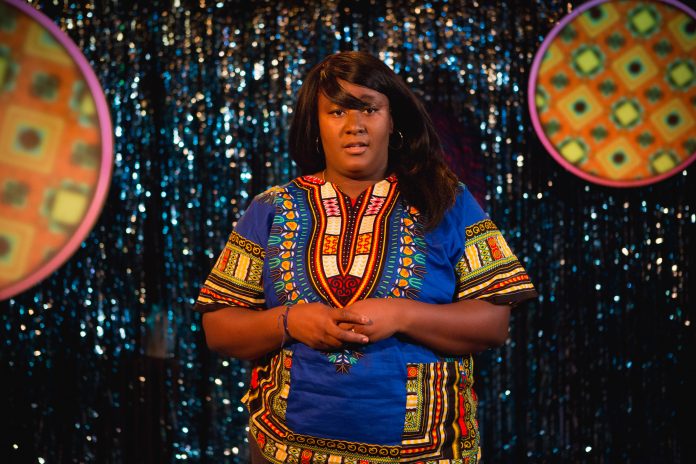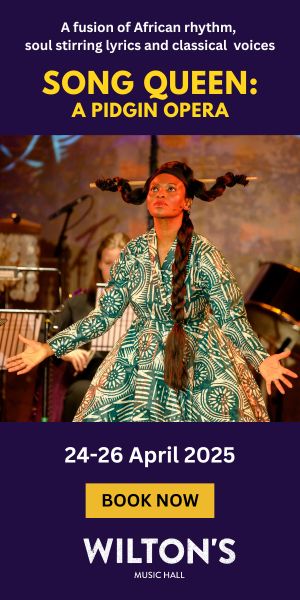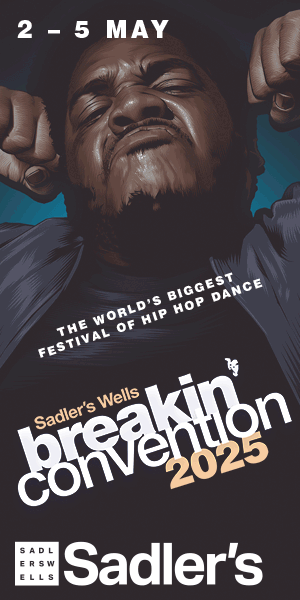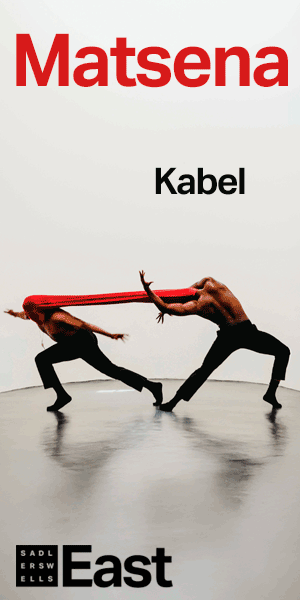At 25, Alicia (Yolanda Mercy) refuses to give adulting a go. Her ideal job offers zero-hour contracts. Her relationship status is swiping left or right, and her future goals are vanishing by the second.
Writer and performer Yolanda Mercy showcases a funny yet extremely relatable 50-minute monologue about growing up and the pressures she constantly faces from her friends, family and society.
Quarter Life Crisis peels back the layers that many millennial women experience. It not only shows the difficulties of dating but also highlights the pressures that black women face.
Set on a simple stage with minimal props and an interactive screen panel, Alicia is tired of being forced to grow up. With cousins getting married or having babies, she is constantly being pressured to figure out her life and explain when she will be getting married, get her own place and have children.
As a woman in my 30s, I often feel pressured by society to have my life “together”. I am constantly being reminded that I shouldn’t wait too long to find a husband or judged when I proudly say I have no kids. The pressure to have our lives put together, or at least appear to, can lead to making wrong choices, having anxiety or feeling judged. With social media suffocating us with images of people and their perfect lives whilst showcasing their relationship goals, it can often leave people feeling inadequate and questioning their life choices.
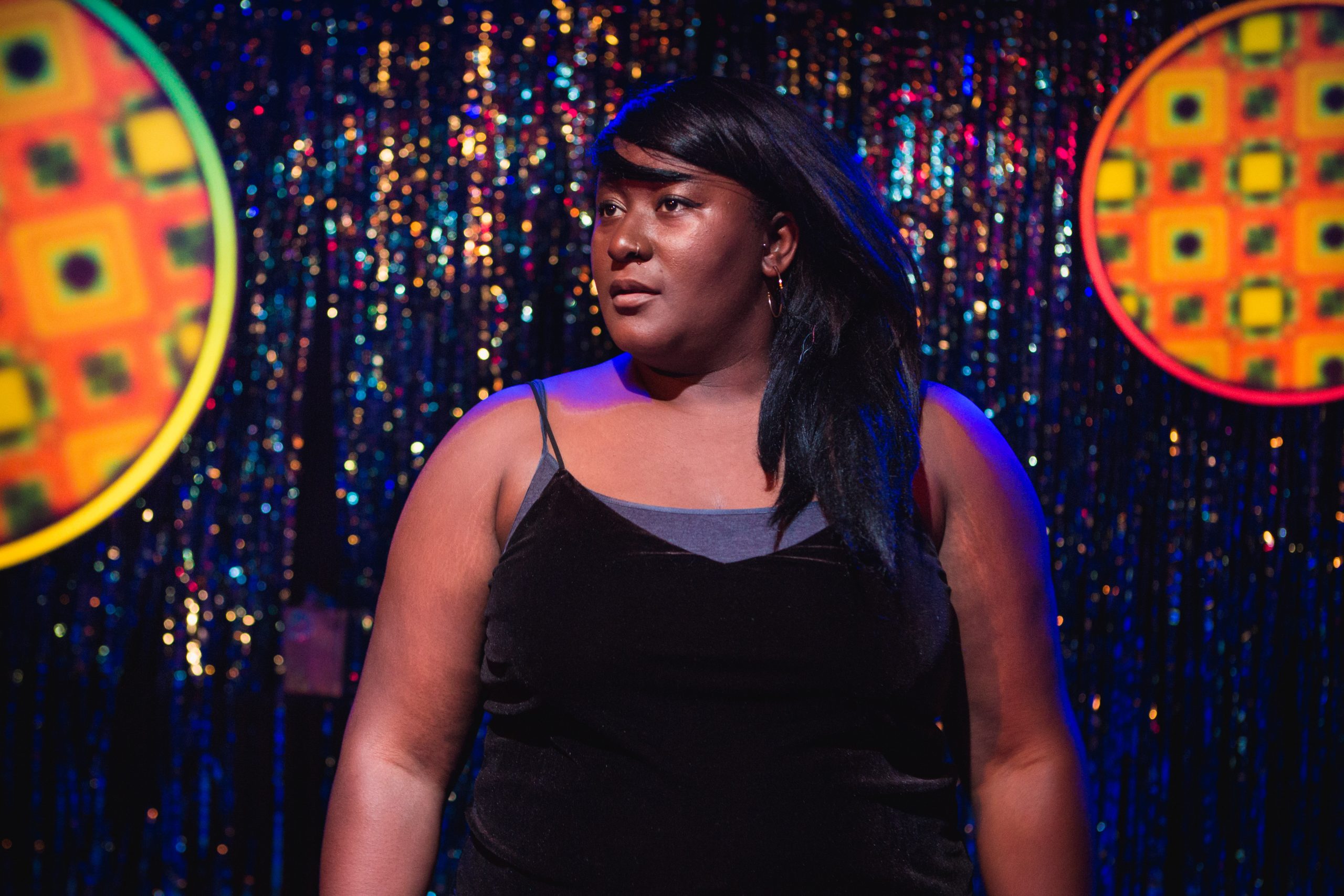
I loved the energy that Yolanda gave. Her character was extremely relatable, funny and honest.
Quarter Life Crisis peels back the layers that many millennial women experience. It not only shows the difficulties of dating but also highlights the pressures that black women face.
Alicia’s story takes us on a journey building up to her big 26th birthday celebration. As she anticipates growing a year older, she is faced with the dilemma of being an adult. Alicia’s story was hilarious yet thought provoking. Not only does she keep the audience engaged with her enticing storytelling, but she also interacts with the audience as she asks them to expose their feelings and opinions on certain topics.
Yolanda uses upbeat music, poetic words and raw emotions to convey the struggles Alicia is facing. Bombarded by Twitter and Tinder notifications and missed calls from her dad, her phone mirrors what many of us see on our own phones on a daily basis. I loved the energy that Yolanda gave. Her character was extremely relatable, funny and honest. I appreciated how the story was heavily influenced by Nigerian culture with her mother tongue often laced into the dialogue – it is always lovely to see different cultures being represented on the stage. The screen panels on the stage projected text messages, photos and notifications in such a clever way and allowed her story to become fully dimensional.
I appreciated how the story was heavily influenced by Nigerian culture with her mother tongue often laced into the dialogue – it is always lovely to see different cultures being represented on the stage.
I thoroughly enjoyed Quarter Life Crisis; however I wish it was slightly longer. At just 50 minutes, I was gutted when the play finished and felt that it ended slightly abruptly. Nevertheless, I found the play a joy to watch and would recommend it thoroughly. It was light-hearted and full of fun. Yolanda held the audience’s attention and her confidence oozed throughout.























